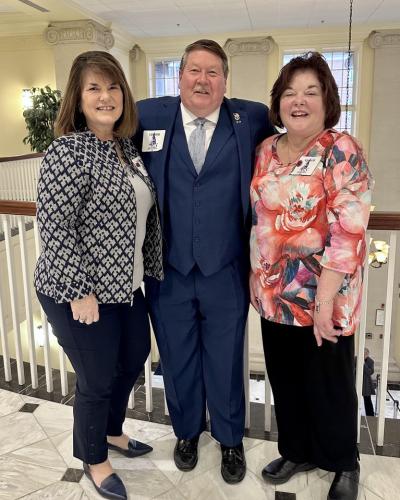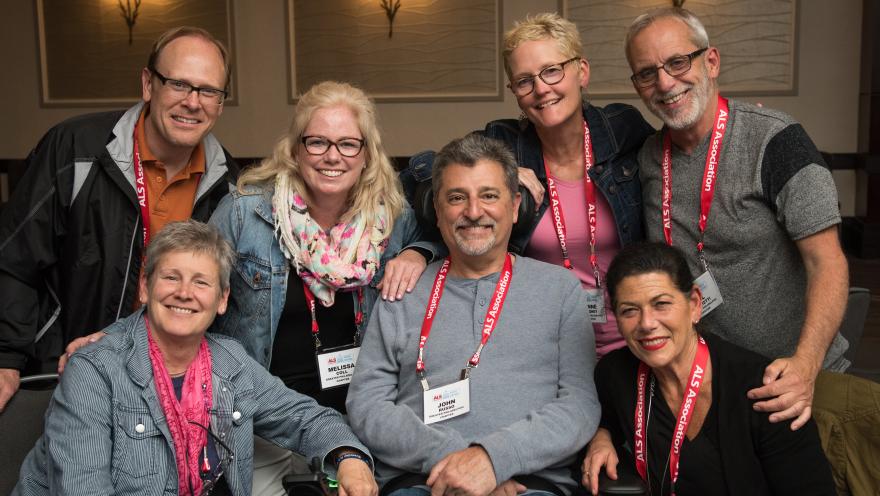In the wise words of Louis D. Brandeis, Associate Justice of the Supreme Court of the United States, “States are the laboratories of democracy,” and enhancing our advocacy efforts on the state and local level is key to empowering people living with ALS and their families to fight for better public policies in their community.
The ALS Association established a nationwide state policy and advocacy department committed to making that happen. Since January 1, the Association has taken a position on 215 bills in state legislatures across the country. Each bill falls under one of the Association’s public policy priorities, which are aligned at the federal and state level.
“We are focused on educating and mobilizing the more than 7,000 state legislators holding office today, in addition to state regulators and governors’ offices. Our goal is to drive change centered on the needs of people living with ALS and their loved ones wherever they live,” said Kara Nett Hinkley, vice president of state policy at The ALS Association.
One such bill is the Genetic Testing Protection Act 2023, bipartisan legislation that would prohibit companies that provide life insurance and disability insurance from using the results of genetic testing to deny coverage or engage in pricing discrimination. Association leaders joined ALS advocates recently, testifying in front of the Maryland General Assembly showing support for its passage.

John and Teri Knowles joined the team in Maryland, as they know first-hand just how important this legislation is for the ALS community. John’s wife Teri is living with familial ALS, the disease that has taken two of her sisters, including her identical twin.
“We hope that the passage of this bill will make it so that people can't be held accountable for a genetic defect, because one of the other things that we've learned is just because you have genetic defect doesn't mean that you're actually going to get ALS,” said John. “Several of the Teri's sisters have tested, two of her sisters have died from ALS, but several of them have tested and not all of them have the defect….even the ones that do have haven't shown any symptoms. So we are here to try to help others.”
With several states considering similar legislation, the passage of this bill could be precedent setting for the ALS community nationwide. “We hope that Maryland can lead the way,” John added. “And show that this is the right thing to do for the citizens of not only the state of Maryland, honestly, for everyone in this country.”
This coordinated approach provides another opportunity for the Association to make ALS livable for everyone, everywhere, until a cure is found. “ALS doesn’t have a political party, which is why we advance policy in a nonpartisan manner,” Hinkley said. And while this is just one example of what’s currently taking place in Maryland, we know state policymakers across the country have the power to change the future of ALS by taking action on behalf of the community.
To learn more about how you can get involved and become an ALS advocate today, visit our website here.
To continue to follow stories about people living with ALS in the community and learn more about the disease, subscribe to receive our weekly blogs in your inbox HERE or follow us at als.org/blog.


Join the conversation. Please comment below.